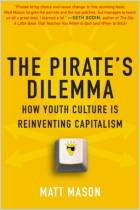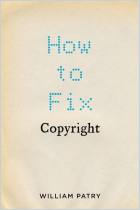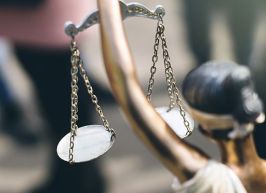Join getAbstract to access the summary!

Join getAbstract to access the summary!
Kal Raustiala and Christopher Sprigman
The Knockoff Economy
How Imitation Sparks Innovation
Oxford UP, 2012
What's inside?
Intellectual property lawyers explain why copying helps – not hurts – creativity and innovation.
Recommendation
What do a pair of intellectual property lawyers have to say about the practice of “knocking off” or copying the creations of another person? Plenty, and, surprisingly, it is not all bad. Kal Raustiala and Christopher Sprigman take readers through industries based on individual creativity, like fashion, food and comedy, to examine how they regulate copying. The authors report that the presence of imitators can encourage increased innovation. getAbstract finds this an interesting and entertaining read and recommends its memorable anecdotes to creative people who might want to share them with others – with the proper attribution, of course.
Summary
About the Authors
Kal Raustiala, author of Does the Constitution Follow the Flag?, is a professor of law at UCLA. Christopher Sprigman is a research professor at the University of Virginia School of Law.






















Comment on this summary